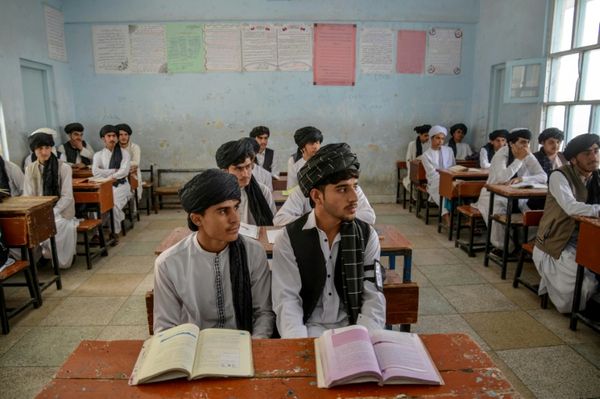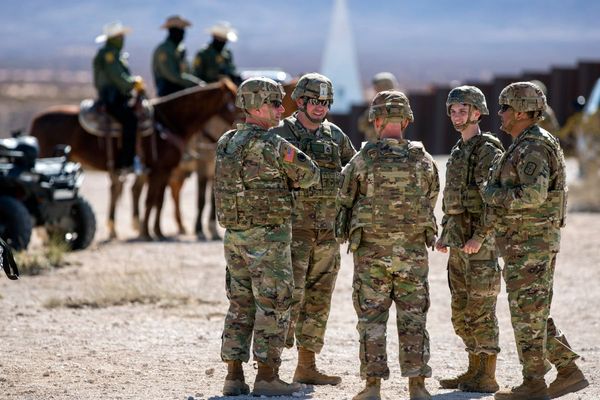
The government plans to give police in England and Wales powers to change the route or timing of protest marches planned outside places of worship in order to give greater protection against intimidation.
The government is to include the powers in an amendment to the crime and policing bill after concerns were raised about protests near synagogues and mosques.
Yvette Cooper, the home secretary, said: “The right to protest is a cornerstone of our democracy, which must always be protected, but that does not include the right to intimidate or infringe on the fundamental freedoms of others.
“That’s why we are giving the police stronger powers to prevent intimidating protests outside places of worship to ensure that people can pray in peace.”
The measures will allow police to impose conditions on demonstrations where the effect of the protest is to intimidate people attending a place of worship. The conditions may impact the route and the timing of the protests.
Police would have to balance the right to freedom of expression with the right for others to go about their daily lives free from intimidation and serious disruption, the Home Office said.
The changes would give police “total clarity on how and when they can protect religious sites from the types of protest designed to disrupt them”, it added.
The government already gives up to £50m to faith organisations to help pay for security at places of worship, faith-based schools and community centres. The amount includes £18m for Jewish organisations, £29.4m for Muslim organisations, and £3.5m for other faiths.
The Home Office said concerns had been repeatedly raised in recent months after protests near synagogues led to events being cancelled on the Jewish Sabbath and worshippers staying at home because of fears about travelling during big demonstrations, particularly in central London.
It did not specify the subject of the protests, but it was believed to be referring to marches about the war in Gaza.
The Home Office also highlighted the targeting of mosques in Southport, Hull, Sunderland and elsewhere during violent disorder last summer after the murder of three young girls at a Taylor Swift dance class. The protests caused “significant distress” to people in local communities, it said.
Religious hate crime has risen significantly in the past year, with police recording a rise of 113% in antisemitic incidents and a 13% increase in Islamophobic crimes in England and Wales.
Mark Gardner, the chief executive of the Community Security Trust, which advises on security for the Jewish community, said: “The cumulative impact on central London synagogues of repeated large, noisy protests, often featuring antisemitism and support for terrorism and extremism, has been intolerable.
“Everyone has the right to protest, but there must be a balance so that all communities can attend their places of worship free from hate and without fear of being intimidated.”
The Right Rev David Walker, the bishop of Manchester, said: “People and families should always expect to be able to worship freely, confident in their own safety. Freedom of speech, including the right to protest, is also important in a free and democratic society.”
The government has also announced that the new national Holocaust memorial, to be built at Westminster, will be added to a list of protected sites. Protesters or vandals who climb on it will face a possible prison sentence.
A new offence for climbing on a war memorial, already in the crime and policing bill, will be extended to cover the Holocaust memorial.







